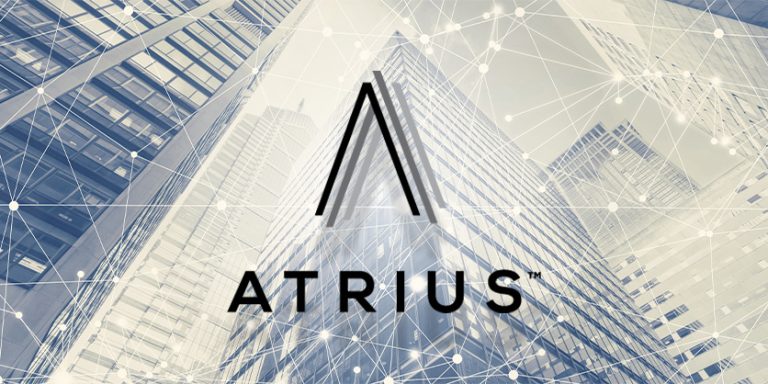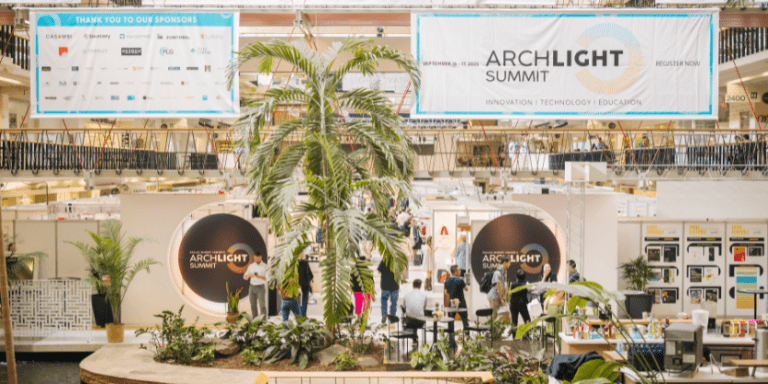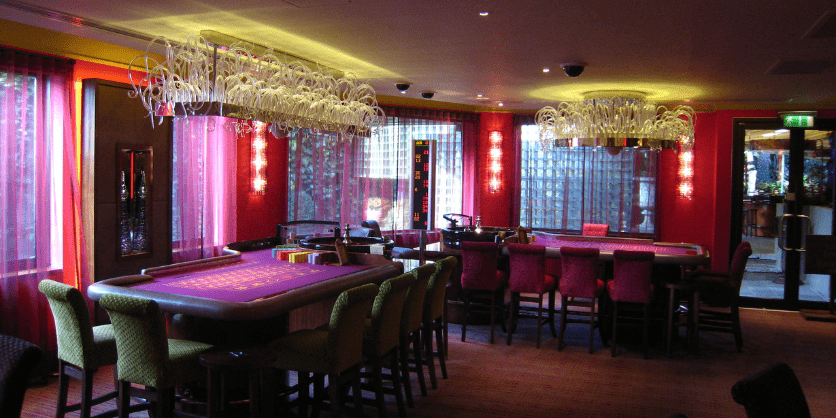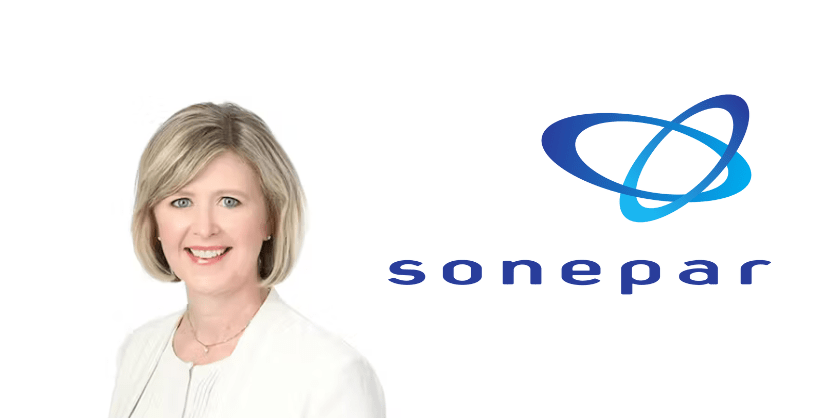3D Printing for Lighting Online Course
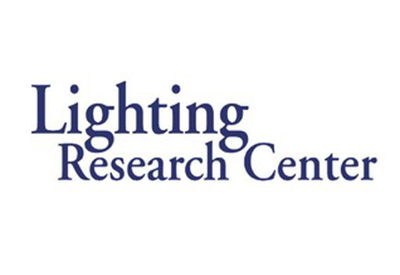
August 9, 2021
Fall 2021 Course: September 8 – October 20, 2021
This live, interactive course is designed for professionals from the lighting, 3D printing, additive manufacturing, and related industries to understand the possibilities of 3D printing for lighting and to learn more about each industry’s needs and capabilities.
Download the course brochure (PDF).
Additive manufacturing (AM), more commonly known as 3D printing, is poised to revolutionize the lighting industry. Indeed, the revolution has already begun with a few manufacturers now offering 3D-printed lighting fixtures to the commercial market. Recently, the Biden administration has expressed its support for AM to address supply chain disruptions.
It is expected that 3D printing will offer many benefits in the manufacturing of components for lighting systems, including fabrication of cost-effective unique parts that cannot be made using traditional manufacturing methods.
The Lighting Research Center (LRC) has been conducting research and development activities in the application of 3D printing to lighting since 2015. To share this knowledge and experience, the LRC is offering a six-week, interactive, online course on the application of 3D printing to the design, development, and manufacturing of lighting components and products.
Who should take the course?
Professionals from the lighting industry interested in learning more about the use of 3D printing in the design, development, and manufacturing of lighting components and products.
Professionals from the 3D printing industry interested in the application of 3D printing technology to lighting.
Anyone who wants to better understand the possibilities and impacts of 3D printing in lighting product lines, including:
- Equipment and materials manufacturers
- Product and innovation managers
- Industrial designers
- Engineers
- Product developers
- Research and development professionals
Course Objectives
At the conclusion of the course, attendees will be able to:
- Appraise the value of 3D printing for manufacturing lighting systems
- Understand the 3D printing process from design to manufacture and post-production of components as it applies to lighting systems
- Characterize the lighting market size; the performance requirements of electrical, mechanical, optical, and thermal components in lighting systems; and the needs of different lighting applications
- Compare the most common methods of 3D printing processes and technologies, and the pros and cons of each related to the fabrication of various lighting components
- Assess material, print parameter, and finishing requirements for lighting fixture components and systems
- Design, characterize, and optimize a 3D-printed component for a lighting fixture
- Test, evaluate, and quantify performance of 3D-printed lighting components
Course Certificate
Participants who successfully complete the course will be awarded a certificate from the Lighting Research Center including 15 continuing education units (CEUs).
Course Description and Schedule
The course will provide training in the application of 3D printing to the design, prototyping, and manufacturing of lighting system components, and give participants the knowledge and skills needed to begin applying this technology in their own companies.
There will be both weekly, in-person instruction hosted by course faculty (i.e., weekly, approximately two- to three-hour live, interactive sessions), via an internet-based conferencing system (WebEx), as well as supplemental activities and assignments to be completed by course participants throughout the six-week course period.
Course instruction will include collaborative, hands-on activities using physical components and parts provided by the LRC. Course participants will work interactively with course faculty in live, remote laboratory sessions. Participants will also design components which will be additively manufactured at the LRC and returned to participants for evaluation as part of the course sessions.
The course will begin on September 8, 2021, and will run through October 20, 2021. Classes will meet on six Wednesdays from 12:00 PM to 2:00 PM US Eastern Time. A more detailed schedule of course activities, presentations, and assignments will be provided upon registration for the course.
An overview of course content is included below.
September 8, 2021 – Session 1: Introduction to the 3D printing process, including its pros, cons, and benefits as compared to other manufacturing processes. The session will provide an overview of the lighting and 3D printing markets size, trends, and growing applications. Case studies of the current best uses of 3D printing in the manufacture of lighting components and a review of best practices for 3D printing design will be presented. The session will end with a discussion of how 3D printing can support product innovation and differentiation.
September 15, 2021 – Session 2: Comparison of 3D printing processes and technologies, including an overview of the various types of 3D printing technologies and the pros and cons of each in terms of rate, quality, value engineering, and flexibility. The session will also cover availability of materials, material properties needed for lighting products and their certification, and the impact of printing parameters and post-processing on final product finish and lighting design targets.
September 22 , 2021 – Session 3: 3D object creation with computer-aided design (CAD), including a review of slicing software programs and requirements. As part of this session, each participant will design an optical component. The design will be emailed to the LRC to be additively manufactured and returned to each participant for evaluation in a later course session.
September 29, 2021– Session 4: Optical component printing, including a review of the printing process for both transmissive and reflective optical components, as well as 3D printing design and fabrication parameter pitfalls, tips, and suggestions. The discussion will start with an introduction to photometry and colorimetry terms and the short- and long-term requirements of optical components for different lighting applications. This session will also include a live interactive lesson in which course faculty will lead participants through the measurement and evaluation of 3D-printed optical components. This session will also include short-term and long-term performance characterization of both transmissive and reflective components.
October 13, 2021 – Session 5: 3D printing heat sink design and printing, including an overview of thermal management theory, analysis of thermal performance of heat sink components, heat sink build orientation, print parameters, application orientation-related performance, and the effects of LED junction temperature on light output, color, and other factors. Also to be discussed are the short-term and long-term effects of 3D-printed components under environmental stressors. This session will include an interactive lesson on junction temperature measurement. Following this session, each participant will design a heat sink for an LED lighting product. The design will be emailed to the LRC to be additively manufactured and returned to each participant for evaluation in a later course session.
October 20, 2021 – Session 6: Measurement and analysis of 3D-printed components. This session will include a live, interactive session on photometry and thermal measurements; light output and beam quality evaluations; and LED junction temperature calculation and analysis. The class will end with course discussion, review, and question and answer session.
Click here to view a printable course calendar [PDF]
Cost and Registration
The cost of this six-week course is $1,950. A 50% discount is available to employees of ASSIST 3D Printing for Lighting consortium members. Registration availability is limited.
A deposit of 50% of the registration fee is required at the time of registration. The remainder of the fee is due by August 25, 2021. You can register at the link below.
Faculty
Jean Paul Freyssinier, MS — Professor Freyssinier is a senior research scientist and adjunct assistant professor at the LRC. His research includes solid-state lighting, LED performance, technology transfer, energy-efficient lighting design, photometry, the spectral effects of lighting, and education. Since 2000, he has been involved in lighting technology research, development, and evaluation at the LRC. His previous experience includes working as principal of design at a full-service architectural lighting and automation design firm and as project manager at an energy management firm. He has taught in the LRC’s graduate education program for the past 15 years and lectures frequently at conferences and seminars. He is the author of more than 35 scientific and technical articles related to energy efficiency, photometry, improved LED performance, and field applications, and co-author of six patents on LED remote phosphor technology.
N. Narendran, PhD — Dr. Narendran is a professor and director of research at the LRC. He is well known for his pioneering research in the field of solid-state lighting, including LED performance improvement through novel packaging, development of accelerated life-testing methods, and the use of LEDs in high-value lighting applications. His current research focuses on 3D printing for lighting, specifically investigations of the functional properties of materials to produce components for lighting fixtures, including mechanical, thermal, optical, and electrical subcomponents. Additionally, Dr. Narendran organizes the Additive Manufacturing for Lighting Consortium at the LRC, which brings together key stakeholders from the 3D printing and lighting industries to work collaboratively to revolutionize lighting manufacturing. Through these activities, Dr. Narendran and his research group are leading the lighting industry transformation to supply on-site, on-time delivery of cost-effective lighting components and fixtures, and thus changing the current lighting practice. Dr. Narendran has authored more than 130 articles in archival journals and proceedings and holds over 50 patents. He is a Fellow of the Illuminating Engineering Society of North America and a member of the committee on the assessment of solid-state lighting for the National Research Council of the National Academies.
Indika Perera, PhD — Dr. Perera is a research scientist at the LRC. His research interests include thermodynamics, heat transfer, material characterization, and additive manufacturing of solid-state lighting components and systems. Dr. Perera’s expertise is in the thermal management of LED lighting systems and of phosphor and down conversion materials used in LED packages, including the development of a mathematical model for predicting the temperature distribution in an LED phosphor layer. His current research includes investigations of the thermal properties of 3D-printed heat sinks and components for use in LED lighting systems, characterizations of composite materials used in additive manufacturing, and analysis of theoretical models for predicting the thermal conductivity of 3D-printed components.
For more information
Please contact LRC’s Director of Research, N. Narendran, at narenn2@rpi.edu to learn more.


